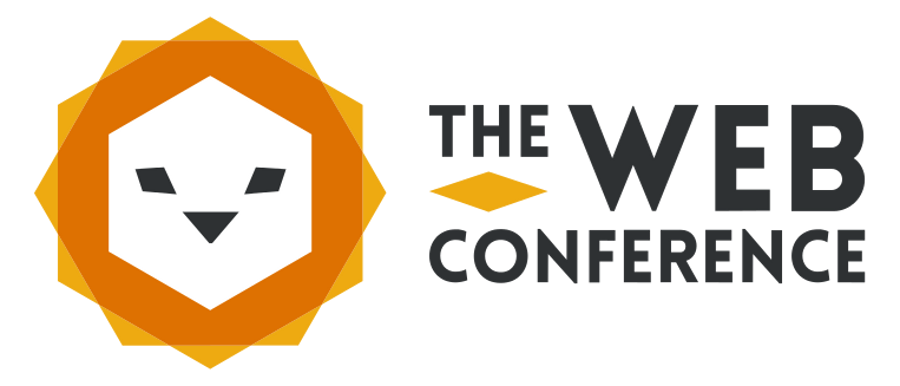Olaf Hartig has received the 2019 10-Years Award of the Semantic Web Science Association. This annual award recognizes a research paper that has become the most influential work of all papers published ten years ago in the respective edition of the International Semantic Web Conference (ISWC). The ISWC 2009 paper for which Olaf has now won the award started a line of research that focuses on evaluating database queries directly over interlinked data on the Web. In this context, Olaf’s paper pioneered the idea to integrate a traversal-based discovery of relevant data sources into the query execution process, and the paper introduced a first concrete approach to implement this idea in a query execution engine. Since its publication, the paper has spawned numerous other scientific work that proposed alternative approaches, established theoretical foundations of queries and query languages in the given context, and combined the ideas with other forms of query processing.
Robin Keskisärkkä, Eva Blomqvist, Leili Lind and Olaf Hartig won the Best Paper Award for their paper “RSP-QL*: Enabling Statement-Level Annotations in RDF Streams” at SEMANTiCS 2019.
Olaf Hartig won a grant from the Swedish Research Council to establish graph database research.

 Next week, the 27th edition of
Next week, the 27th edition of